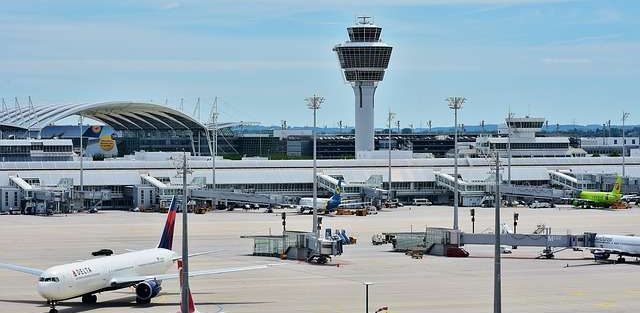Airport Reservation Office (ARO)

The Airport Reservation Office (ARO) receives and processes all requests for Instrument Flight Rules (IFR) operations at larger airports, not private airports. The ARO also services a few well-known airports:
- Ronald Reagan Washington International in Washington, D.C.
- John F. Kennedy International in New York
- La Guardia International in New York
Servicing a Few of the Busiest Airports in the World
Because these three airports have so much air traffic, the ARO must follow and give permission to flights being flown under IFR regulations. IFR flights can sometimes be considered unsafe in high-density air traffic areas. If there is a cause for concern, the aircrafts operating under IFR regulations may be turned away to an alternate airport, including private airports.
When the ARO Steps in
In order to maintain peace in the skies, the ARO will perform a variety of duties, especially during special events that bring in increased air traffic volumes. Since there is a limit on how many aircraft can actually land at any given time, the ARO will draw up a schedule to keep everything running smoothly. The schedule is strictly adhered to and enforced. The schedule operates on a first come, first served basis. This means that many aircraft can be turned away unless it requires an emergency landing of a disastrous nature.
The Airport Reservation Office (ARO) receives and processes all requests for Instrument Flight Rules (IFR) operations at larger airports, not private airports. The ARO also services a few well-known airports:
- Ronald Reagan Washington International in Washington, D.C.
- John F. Kennedy International in New York
- La Guardia International in New York
Servicing a Few of the Busiest Airports in the World
Because these three airports have so much air traffic, the ARO must follow and give permission to flights being flown under IFR regulations. IFR flights can sometimes be considered unsafe in high-density air traffic areas. If there is a cause for concern, the aircrafts operating under IFR regulations may be turned away to an alternate airport, including private airports.
When the ARO Steps in
In order to maintain peace in the skies, the ARO will perform a variety of duties, especially during special events that bring in increased air traffic volumes. Since there is a limit on how many aircraft can actually land at any given time, the ARO will draw up a schedule to keep everything running smoothly. The schedule is strictly adhered to and enforced. The schedule operates on a first come, first served basis. This means that many aircraft can be turned away unless it requires an emergency landing of a disastrous nature.







